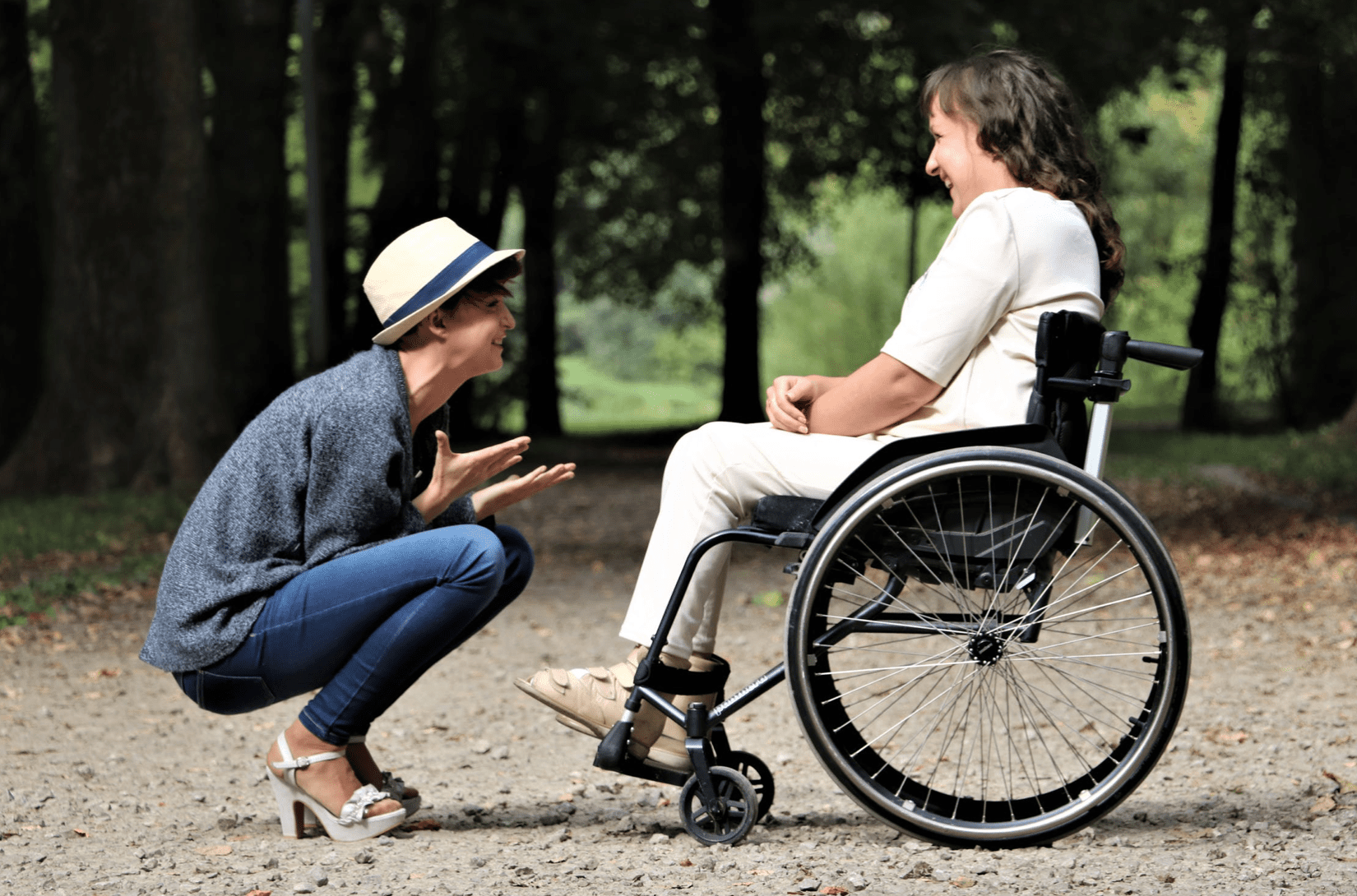
Taking Care of Your Health With an Existing Disability
Photo from pexels
Life can be tough for all of us regardless of our health situation. Each and every one of us lead complex existences, that mean everything from relationships to financial issues, body image problems, social pressure and more can all add up so that we feel like the weight of the world is on our shoulders. However, when you have a disability, either mental or physical, things can get even harder. Moving around, performing simple tasks or doing things that most people take for granted can be difficult or even impossible- which certainly adds more to your load. One thing that you might struggle with as a disabled person is taking care of the rest of your health, particularly if one area of it is already in a bad way. But there are some things you can (and should!) do to be proactive about your wellness. Here are some ideas.
Eat well
Eating well is something that each and every one of us need to do, regardless of age, ethnicity, current health status or anything else. Food is fuel for our bodies, and the vitamins and nutrients we extract provide every cell of our bodies with what they need. Your disability might affect what you’re able to eat in many ways, you might not be able to physically chew some foods or you may have trouble with digestion. You might have a poor appetite, or even an excessive appetite due to a condition or side effects of medication. Whatever your situation, consider ways to resolve this so that you’re getting the nutrients you need. You might need to be put on a special diet or supplement what you eat with formulated foods and pills. You might need to use food preparation methods like blending fruit into smoothies or vegetables into soups to make them easier to consume. If you think you’re lacking something, a simple blood test from the doctor can reveal all and from there they can refer you to a nutritionist if you feel this is something you would benefit from. Many people notice they’re deficient when their energy levels are low or they’re not quite feeling like themselves, but these things can be harder to spot when you’re living with a disability. But there are some things you can keep an eye on- things like dry skin, brittle nails and poor hair condition for example can signal that there’s something missing in your diet.
Stay as active as you can
Staying active as a disabled person can be difficult, it’s something that even able bodied people struggle fitting into their day and keeping up motivation. If your disability is physical then getting around at all can be tricky, and if it’s a mental health issue then on bad days you might struggle having enough energy getting out of bed. But if you’re able to find time, even a short window of time a few times a week to do some form of activity, it really can make a big difference. If you’re able to walk, walking to the shops and back or out to the post box could be enough. If you’re in a wheelchair, you could follow along with an exercise routine designed for those with disabilities right from your own living room. It could be some stretching exercises or as simple as using cans from your kitchen cupboards as weights. You can find exercise equipment for disabled people too which could allow you to exercise based on the movements that you can make.
Attend all of your appointments and checkups
This is another things that everyone should do, but if you have a disability you can be at risk of minor health conditions affecting you in a big way- or illnesses that other people could fight off could leave you fighting for your life. Have a flu jab each year, attend all of your doctors appointments and dont overlook things like opticians and dental checkups too. Lots of illnesses can actually be caught early when you have your eyes examined so it’s not just a case of checking that you can see clearly. And with a disability, you might find that your teeth are more susceptible to damage, due to not being able to clean them properly due to arm weakness, or even things like medication can slow down saliva production which makes you more susceptible to tooth decay. Regular checkups will keep everything in order, will prevent you from getting painful damage to your teeth and the dentist can recommend aides or types of toothbrushes that you might be able to use more effectively such as electric models. When you have a disability, it can feel like you spend half of your life at the doctors and hospitals while things get looked into. But these other appointments are really important too, and are a way you can be proactive about your health. Particularly when your existing health issues can mean you’re more prone to further problems.
Get help if you need it
Some people hate asking for, or receiving help in any way. It’s understandable, you might feel that although you’re disabled, you can still do things by yourself and thats absolutely fine. But if you do struggle with certain things, don’t be afraid to ask for help. It could be anything from personal care to preparing meals to cleaning or doing laundry. There are services you could hire privately, or look into government funding options to see what help you’re entitled to. If it makes your life easier and frees up your time for doing more rewarding things then it’s so worth it.
